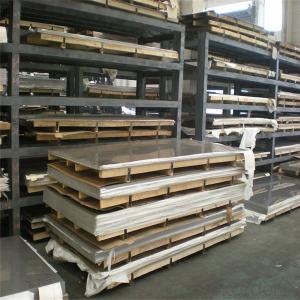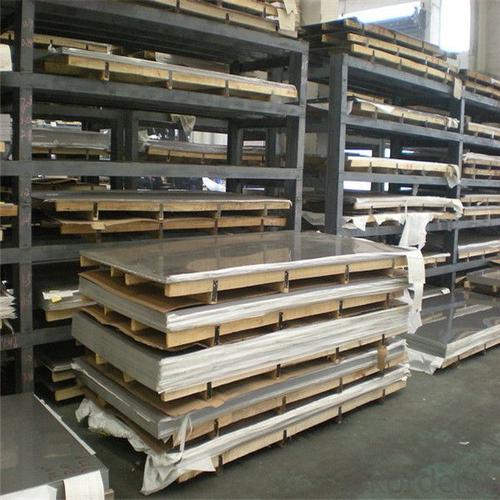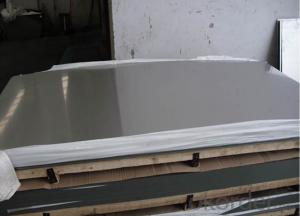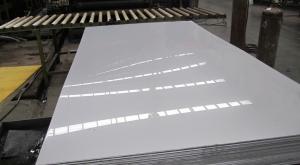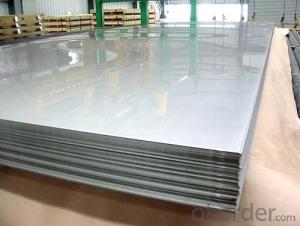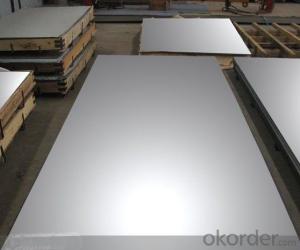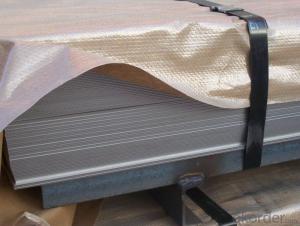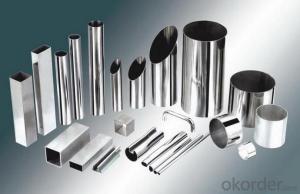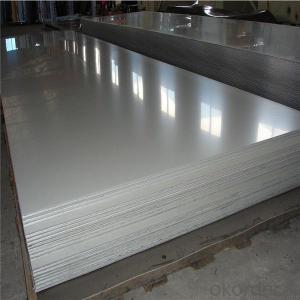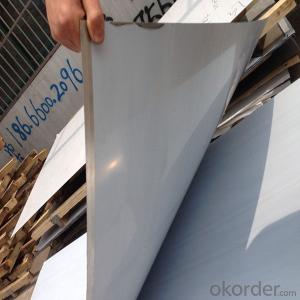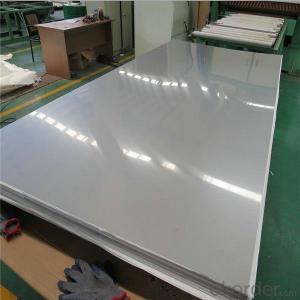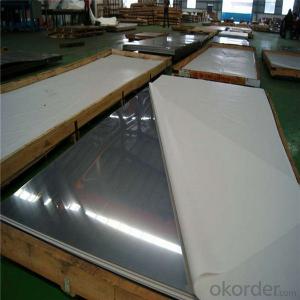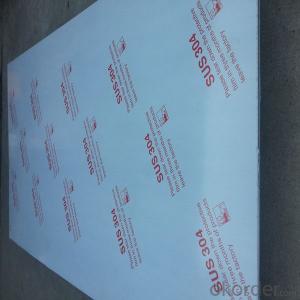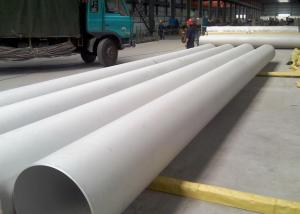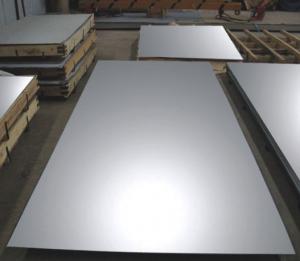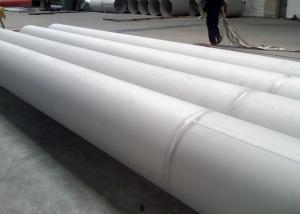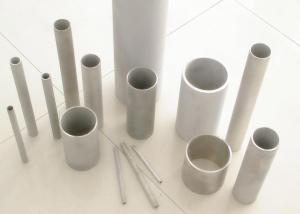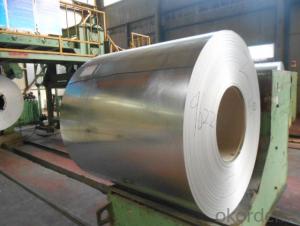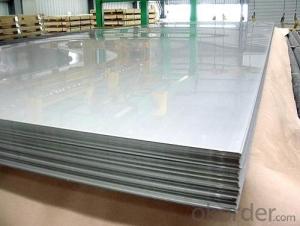Stainless Steel Sheet Price Per Ton Per kg
- Loading Port:
- Shanghai
- Payment Terms:
- TT OR LC
- Min Order Qty:
- 3 m.t.
- Supply Capability:
- 2000 m.t./month
OKorder Service Pledge
OKorder Financial Service
You Might Also Like
Specification
Product Description
Specifications about stainless steel sheet
Commodity | China supplier 3mm thickness ba finished stainless steel sheet price 309 |
Grade | 201,202,304,304L,316,316L,317L,310S,321,904L,409s,410,430 |
Brand | TISCO ,BAOSTEEL,POSCO,JISCO,LISCO |
Certification | SGS,BV,IQI,TUV,ISO,etc |
Thickness | 0.3-100mm or as customer’s requirement |
Width | 500-3000mm or as customer’s requirement |
Length | 1000-6000mm or as customer’s requirement |
Surface | No.1 / No.4 / BA / 2B/HL/mirror/polished/brushed(bright annealed, surface not oxidati and brighter) |
Standard | JIS,AISI,ASTM,GB,DIN |
Delivery time | About10 days |
MOQ | 1 Ton |
Advantages | Showing the splendor of your quality, wearresistant as well , strong corrosion resistance and decorative effect, durable and beautiful in good taste. |
Attention: the specifications can be customized .
Product ShowStainless Steel Sheet Price Per Ton Per kg
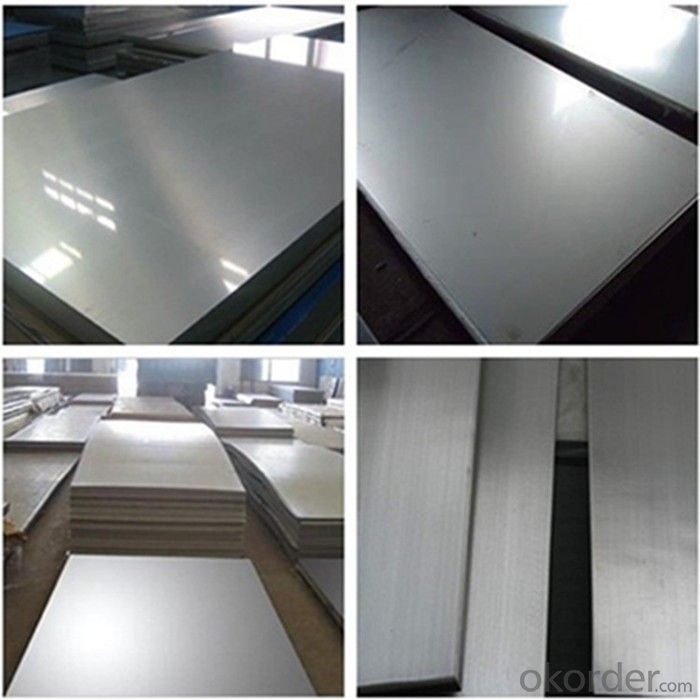
Packaging & ShippingStainless Steel Sheet Price Per Ton Per kg
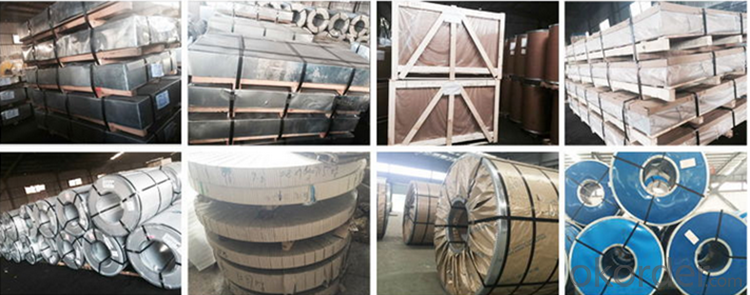
SurfaceStainless Steel Sheet Price Per Ton Per kg
Surface | Definition | Application |
NO.1 | The surface finished by heat treatment and pickling or processes corresponding there to after hot rolling. | Chemical tank, pipe |
2B | Those finished, after cold rolling, by heat treatment, pickling or other equivalent treatment and lastly by cold rolling to given appropriate luster. | Medical equipment, Food industry, Construction material, Kitchen utensils. |
NO.3 | Those finished by polishing with No.100 to No.120 abravise specifiled in JIS R6001. | Kitchen utensils, Building construction |
NO.4 | Those finished by polishing with No.150 to No.180 abravise specifiled in JIS R6001. | Kitchen utensils, Building construction, Medical equipment |
HL | Those finished polishing so as to continuous polishing steaks by using abravise of suitable grain size. | Building construction |
BA(NO.6) | Those processed with bright treatment after cold rolling. | Kitchen utensils, Electric equipment, Building construction |
Mirror(NO.8) | Shinning like a mirror. | Building construction |
Application
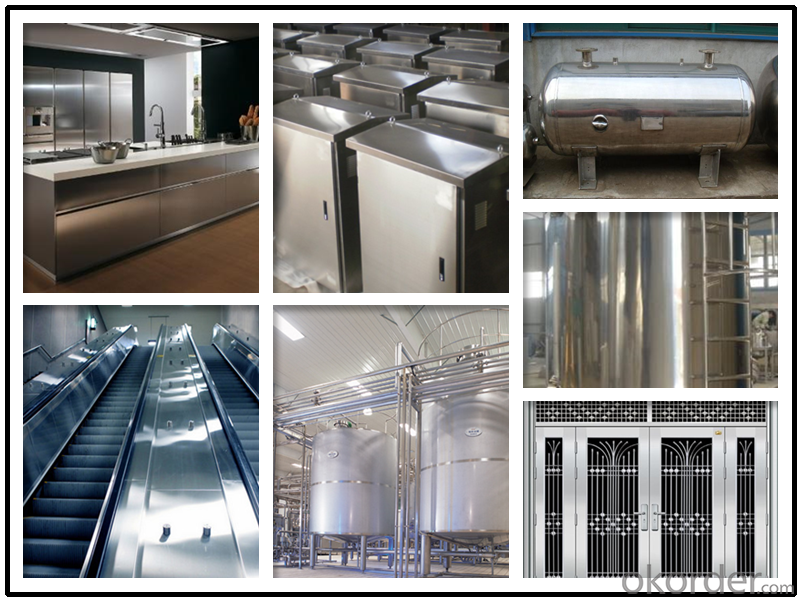
- Q: How are stainless steel sheets installed?
- Stainless steel sheets are typically installed using a few different methods, depending on the specific application and requirements. Here are some common installation methods for stainless steel sheets: 1. Adhesive: One of the simplest and most common methods is using an adhesive to bond the stainless steel sheet to the desired surface. An adhesive specifically designed for stainless steel is applied to the back of the sheet, which is then pressed firmly onto the surface. This method works well for flat or slightly curved surfaces and provides a clean and seamless installation. 2. Mechanical fasteners: For applications where additional strength and stability are required, stainless steel sheets can be installed using mechanical fasteners such as screws, bolts, or rivets. These fasteners are drilled or screwed through the sheet and into the surface to secure it in place. This method is commonly used for installations that need to withstand external forces or for attaching stainless steel sheets to structural components. 3. Welding: In some cases, particularly for large or complex installations, welding may be used to connect stainless steel sheets together or to other metal structures. Welding creates a strong and permanent bond between the sheets, ensuring a secure installation. However, this method requires skilled professionals and specialized equipment to ensure proper welding techniques and prevent damage to the stainless steel. 4. Magnetic attachment: Some stainless steel sheets are designed with a magnetic backing, allowing them to be easily attached to magnetic surfaces. This method is quick and convenient, as the sheets can be easily repositioned or removed if needed. However, it is important to ensure that the magnetic surface is clean and free from debris that could affect the adhesion. Before installing stainless steel sheets, it is crucial to properly prepare the surface by cleaning it thoroughly and removing any dirt, dust, or grease. This will help ensure a secure and long-lasting installation. Additionally, following the manufacturer's instructions and guidelines for the specific stainless steel sheet being installed is essential to achieve the best results.
- Q: Are stainless steel sheets suitable for industrial applications?
- Yes, stainless steel sheets are highly suitable for industrial applications due to their exceptional strength, durability, corrosion resistance, and heat resistance properties. They can withstand harsh conditions, maintain their integrity, and provide long-lasting performance, making them ideal for various industrial sectors such as automotive, aerospace, construction, and manufacturing.
- Q: Are stainless steel sheets suitable for storage cabinets?
- Yes, stainless steel sheets are suitable for storage cabinets. Stainless steel is known for its durability, strength, and resistance to corrosion, making it an excellent choice for storage cabinets. Stainless steel sheets are able to withstand heavy loads and can resist damage from moisture, heat, and chemicals. Additionally, stainless steel is easy to clean and maintain, making it a hygienic option for storage cabinets. Overall, stainless steel sheets provide a long-lasting and reliable solution for storage cabinets in various environments such as kitchens, laboratories, and industrial settings.
- Q: Are stainless steel sheets resistant to pitting corrosion?
- Yes, stainless steel sheets are resistant to pitting corrosion. Pitting corrosion is a localized form of corrosion that occurs in specific areas, resulting in small pits or holes on the metal surface. Stainless steel sheets are made with a high percentage of chromium, which forms a passive oxide layer on the surface, providing excellent resistance to corrosion. This oxide layer acts as a barrier, protecting the metal from pitting corrosion. Additionally, stainless steel contains other alloying elements such as nickel and molybdenum, which further enhance its resistance to pitting corrosion. Therefore, stainless steel sheets are highly resistant to pitting corrosion and are commonly used in applications where corrosion resistance is crucial, such as in the construction, automotive, and food processing industries.
- Q: What is the weldability of stainless steel sheets?
- Stainless steel sheets have good weldability due to their composition and properties. They can be easily welded using various welding techniques, such as TIG (Tungsten Inert Gas) or MIG (Metal Inert Gas) welding. However, the specific weldability may vary depending on the grade and thickness of the stainless steel sheet. It is important to use appropriate welding procedures and techniques to ensure a strong and durable weld.
- Q: Are stainless steel sheets suitable for water tanks?
- Stainless steel sheets are indeed a great option for water tanks. Their resistance to corrosion makes them perfect for water storage. They won't react with the water or introduce any harmful substances into it. Additionally, stainless steel tanks are durable, require little maintenance, and have a long lifespan. They can handle high temperatures and extreme weather conditions without compromising their structural integrity. Moreover, stainless steel is non-porous, preventing the growth of bacteria and algae. These outstanding characteristics make stainless steel sheets a superb choice for water tanks in different settings, such as residential, commercial, and industrial environments.
- Q: What is the electrical resistance of stainless steel sheets?
- The electrical resistance of stainless steel sheets can vary depending on several factors, such as the grade of stainless steel, its thickness, and the specific properties of the alloy used. Generally, stainless steel exhibits a relatively high electrical resistance when compared to other metals. This is primarily due to its composition, which includes a significant amount of chromium and other alloying elements that impede the flow of electric current. However, the precise value of electrical resistance can range from a few micro-ohms per square meter to several ohms per square meter, depending on the specific grade and thickness of the stainless steel sheet. Consequently, it is essential to refer to the manufacturer's specifications or conduct specific electrical resistance tests to obtain accurate values for a particular stainless steel sheet.
- Q: What is the elongation percentage of stainless steel sheets?
- The elongation percentage of stainless steel sheets can vary depending on the grade and thickness of the sheets, but typically ranges from 40% to 60%.
- Q: Can stainless steel sheets be used for elevator doors?
- Elevator doors can indeed utilize stainless steel sheets. The use of stainless steel for elevator doors is quite prevalent due to its impressive attributes: its robustness, resistance to corrosion, and visually appealing nature. Stainless steel is able to withstand the daily wear and tear associated with elevator usage, remaining unscathed by scratches, dents, and stains. Moreover, stainless steel grants a sleek and contemporary appearance, rendering it a suitable material for elevator doors in various settings like commercial edifices, residential complexes, and hotels. Furthermore, stainless steel sheets can be tailored to fulfill specific design requisites, enabling a wide array of finishes, textures, and patterns to be employed, elevating the overall aesthetic of the elevator doors.
- Q: Stainless steel wire drawing without fingerprints, what principle?
- Let's say the principle: the material surface is easy to leave the fingerprint because the material has the characteristics of specular reflection on the light. The material is smooth enough, and the light is not diffusely reflective on the material, mainly specular. Landlord with your finger press the glass mirror will know
Send your message to us
Stainless Steel Sheet Price Per Ton Per kg
- Loading Port:
- Shanghai
- Payment Terms:
- TT OR LC
- Min Order Qty:
- 3 m.t.
- Supply Capability:
- 2000 m.t./month
OKorder Service Pledge
OKorder Financial Service
Similar products
Hot products
Hot Searches
Related keywords
